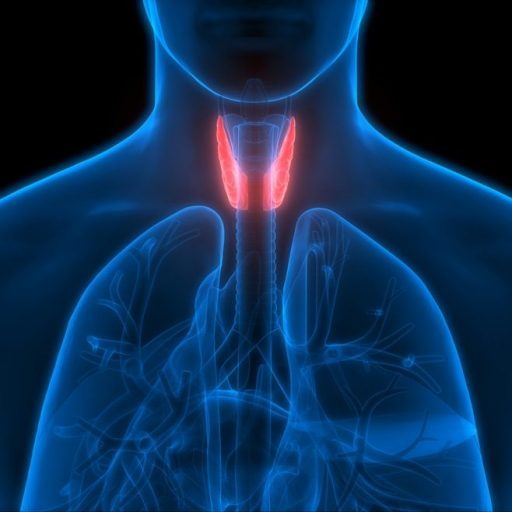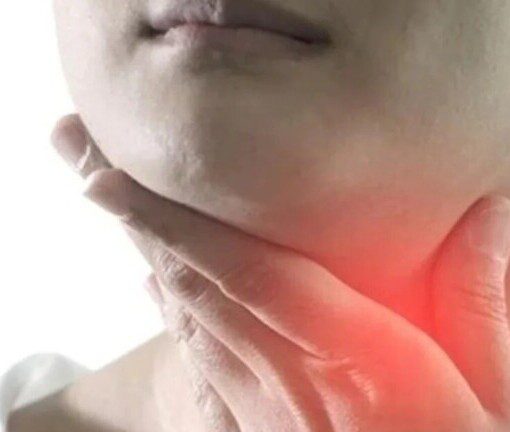Unlike vitamins, minerals are inorganic and come from the earth and are stored mainly in bone and muscle tissue, but also in blood, enzymes and some vitamins. Unfortunately due to poor soil quality and nutritionally low diets, most of us are unlikely to be taking enough to maintain optimal health.
There are two types:
- Macro-nutrients such as magnesium, potassium, chloride, silicon, sodium, sulfur and phosphorus. These are essential for strong teeth and bones. The body requires a large amount of them.
- Micro-nutrients which act as coenzymes in a similar way to vitamins and help metabolism. Some of them are only required in small quantities, but are vital if we are to stay healthy. The essential trace ones, are chromium, cobalt, copper, iodine, iron, manganese, molybdenum, selenium and zinc.
Minerals need to be carefully balanced because, like vitamins they work together in bio-chemical reactions. If one is deficient, it can interfere with the functioning of others.
How can mineral supplements benefit you?
Minerals are vital for our physical and mental health and are present in all cells of the body. Many health problems can arise due to deficiencies, for example there is a loss of bone minerals due to long-term calcium and vitamin D deficiency in osteoporosis. Low levels of calcium and magnesium can lead to high blood pressure as can high sodium and lower potassium levels.
Magnesium deficiency can cause muscle spasms, nerve related pains and acute heart attacks. Low zinc or selenium levels can impair the immune system. Selenium is also an antioxidant, which can neutralize reactive free radicals that cause cell damage, premature aging and cancer.
How do minerals work in our bodies?
These elements don’t provide calories or energy but facilitate energy production. Since our bodies can’t generate them, they must come from the earth. If the soil lacks these minerals, the food grown in it will too.
Commonly used fertilizers contain only nitrogen, phosphorus, and potassium, which promote plant growth, but they lack other vital minerals crucial for our health. Therefore, soil depletion significantly contributes to the lower mineral content in our diets. Furthermore, food refinement and processing reduce their levels even more. In the realm of nutritional medicine, these minerals are considered more critical than vitamins, and deficiencies are widespread.
Minerals give us both structural and functional support. Some of them are electrolytes – sodium, potassium and chloride – which regulate the acid and fluid balance in our bodies. Others form part of enzymes that act as catalysts for biochemical reactions, help produce energy or regulate metabolism. Some are necessary for nerve transmission, cell permeability, muscle contraction and the formation of blood and tissue.
What are ‘essential’ minerals?
When the body fails to produce enough of these elements, we label them as essential. If our diet lacks them, deficiency symptoms can surface. Fortunately, these symptoms vanish once the body starts receiving these nutrients again. For example, chromium is essential for carbohydrate metabolism and the regulation of blood sugar levels. Selenium maintains proper immune and heart function and can help prevent cancer.
They are also essential if they are an important component of another essential nutrient, for example cobalt in vitamin B12.
 Absorption of Minerals
Absorption of Minerals
These vitamins enter the bloodstream through the gastrointestinal tract. The kidneys then flush out any excess through urine. Similarly, the liver and bile expel surplus amounts via bowel movements, along with other digestive juices.
Many of them compete with each other. Large amounts of calcium can reduce the absorption of magnesium, phosphorus, zinc and manganese. Zinc can reduce absorption of iron, copper and phosphorus.
Minerals in our water
They are available in water as well as food. The most common ones found in water are calcium, magnesium, sodium, potassium, chloride, phosphates and sulfides. Depending on the water source, iron, zinc and copper may also be present.
Soft water
Most beneficial minerals are stripped from soft water, leaving it high in sodium. This isn’t healthy, particularly for those with high blood pressure or heart issues.
Hard water
This usually has more of the other minerals such as calcium and magnesium, which can help with high blood pressure and heart problems.
Mineral deficiencies
Most of these minerals are typically well-absorbed. However, if your digestive system is weak, deficiency symptoms for trace minerals, like chromium and zinc, can swiftly emerge.
How to avoid mineral deficiencies
To maintain balanced levels, we should eat a variety of organic wholefoods including plenty of grain. The levels will of course depend upon the soil in which the food is grown. Avoid refined and processed foods, sugar, caffeine and alcohol which all can deplete them. Raw nuts, seeds, whole grains and green leaf vegetables are a better source of calcium than milk, which can cause mucus to form in the body.
To avoid deficiencies and to maintain good health a balanced scientifically formulated mineral supplement is necessary.
 What to be aware of when choosing mineral supplements
What to be aware of when choosing mineral supplements
- You should opt for supplements scientifically designed to enhance bioavailability, ensuring effective assimilation by the body.
- Also, make sure these supplements meet pharmaceutical standards. Unfortunately, poorly formulated supplements merely pass through your digestive system, offering minimal health benefits.
- There needs to be enough of a particular vitamin, mineral, antioxidant or herb to actually make a difference. Trace amounts of herbs are generally not going to be very effective.
- Be sure that the product does not contain any fillers, artificial colors, flavors or other additives.
- Many products contain ingredients that cancel each other out.
- Labels do not always exactly reflect the content of the bottle. There are wide variations in quality and pricing between synthetic and natural ingredients.
Popular mineral supplements
Calcium – plays a vital role in the growth and maintenance of strong bones, gums and teeth. Also necessary for blood-clotting, nerve function and normal blood pressure.
Chromium – enhances the action of insulin and sometimes used in weight loss programs.
Copper – important as a catalyst in the formation of haemoglobin and works with vitamin C to collagen, membranes found in connective tissue.
Magnesium – needed for more than 300 biochemical reactions in the body and works together with potassium and calcium.
Phosphorus – required by every cell in the body. About 85% of it is found in bone.
Selenium – an antioxidant and essential for the immune system and thyroid gland.
Zinc – supports a healthy immune system, needed for wound healing, helps to maintain your sense of smell and taste and required for DNA synthesis.








